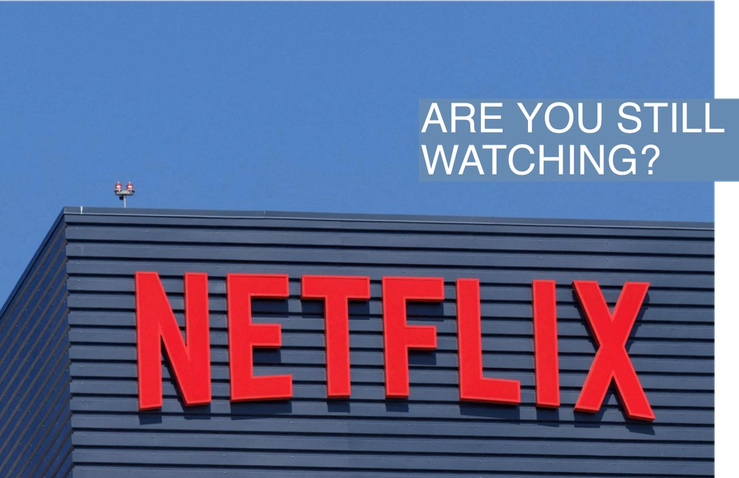The News
Political figures in India and Malaysia pressured Netflix this week to remove content they don’t like, testing the streaming giant’s ability to maintain artistic freedom as it expands globally.
In India, Netflix bowed to pressure from a hard-right Hindu group to take down a movie it said spread anti-Hindu propaganda. And the former prime minister of Malaysia called for Netflix to remove a documentary about a massive fraud scandal that occurred when he was in office.
SIGNALS
Pushback from Hindu groups highlights sensitivity of religious issues
Groups like Vishwa Hindu Parishad, a hardline Hindu advocacy organization with ties to Prime Minister Narendra Modi’s political party, protested the Tamil-language film Annapoorani: The Goddess of Food, which tells the story of a Hindu priest’s daughter who eats and cooks meat. (Hindu priests and their families are typically vegetarian.) A spokesman for the group called the movie “evil” and threatened legal action. Under Modi’s Hindu-nationalist government, India has seen the “growth of Hindu dominance over all aspects of society,” a Bloomberg columnist wrote last month. One prominent Indian actress said “A dangerous precedent is being set” following the film’s removal.
Streisand effect could bring more eyes to Malaysia doc
Lawyers for Malaysia’s ex-prime minister, Najib Razak, who is serving a sentence for corruption, asked a court to have a documentary called Man on the Run removed, and reportedly asked prosecutors to take action against Netflix. The corruption scandal the film details rattled Malaysian politics starting in 2015, and Najib’s calls to remove the documentary have ironically brought it back into the spotlight. The film climbed two spots to become the No. 2 most popular Netflix movie in Malaysia this week, according to the New Straits Times.
Southeast Asian governments have pushed Netflix to remove content before
The Asian market is increasingly important for Netflix, with the region driving much of its user growth last year. But even as it spends nearly $2 billion on local content annually, the platform is facing pressure to censor films and television shows from some Asian governments. Of the 18 titles that Netflix removed from 2016 to 2021, more than half were requests from Southeast Asian nations, according to the company’s transparency reports. The latest requests are unique in that they didn’t come directly from official authorities, but rather government-adjacent figures, which may change the calculation for Netflix.



